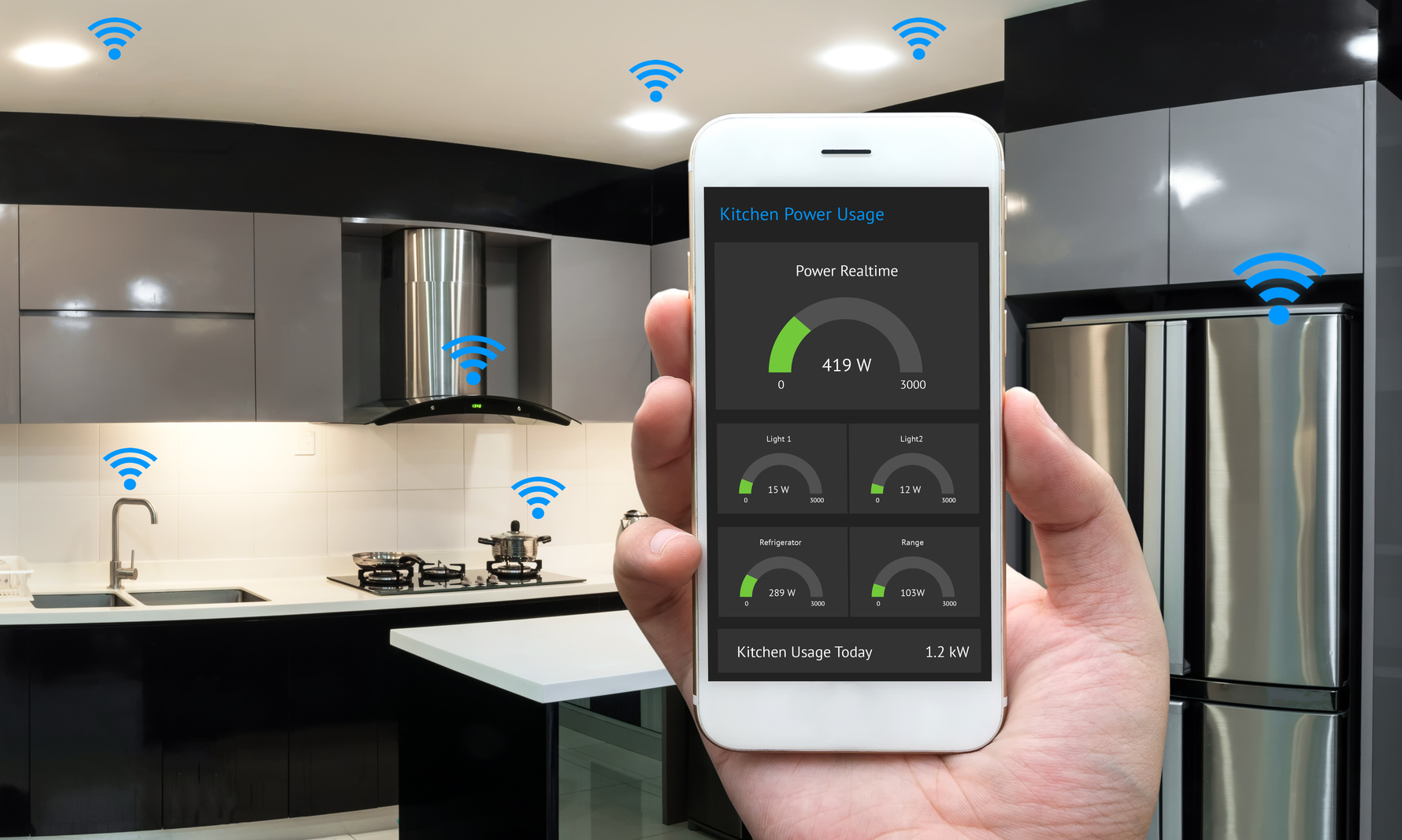The super storm Sandy has crashed mercilessly into the East Coast, and millions are currently stuck without power. Do you know if your web host is down? If you are the owner of a website that people depend on, you must be sure it stays online even after a major disaster strikes. Let’s look at why monitoring your website uptime is critical during emergencies and evaluate the steps you can take to keep your site online for your visitors – or at the very least – minimize the devastation.
Website Uptime Monitoring: Is it Really Necessary?
The short answer to this question is a resounding “Yes!”
Now for the long answer.
Monitoring your website’s uptime and downtime is a crucial step that you must take as a webmaster. Downtime on your website is not only frustrating for your visitors, it also translates into an almost inevitable loss of revenue for you. If your website is down for too long, you could even lose your hard-earned spot in the SERPs.
All of these scenarios are, well, terrible (to put it mildly). Frustrated visitors mean less traffic and possibly less loyalty from those who return to your site regularly, lost revenue translates to less digits in your bank account, and being bumped lower in Google’s search results means you’ll spend additional time and money on regaining your rightful place in the virtual wonderland.
Website Downtime: An Ounce of Prevention
While there’s really not much you can do if your web host goes down (during a natural disaster, zombie apocalypse, or otherwise) there are a few steps you can take to minimize the damage caused by website downtime.
First of all, choosing a reputable web host is imperative. Although using a cheap or free web host may be tempting, it could also be the fatal mistake that brings your little virtual empire to its knees. Instead, choose a web host that has a 99.9% uptime guarantee and a backup plan – such as the use of generators and round-the-clock tech support – in case of emergencies.
Leaving all of the precautionary measures to your web host, however, is nothing short of foolhardy. Before your website even goes down, you should also make sure that you are up to date on all of your accounts, including domain name and hosting fees, and back up your website regularly – offline – as well.
Website Downtime: How to Contain the Damage
When your website goes down, remember: stay calm!
Confirm that your website is actually down for everyone and not just you. If you’ve signed up for a good website monitoring service, like one of SiteUptime’s free or paid plans, this should be easy. You’ll receive a notification via email or SMS if this happens. You can also use your phone-a-friend lifeline or hop on over to DownForEveryoneOrJustMe.com.
If your website is actually down, try to determine the cause. Are you up-to-date on all of your accounts? Is your web host experiencing problems?
Once you’ve pinpointed the cause – or even if you haven’t – notifying your loyal followers of the problems is always advisable. You can accomplish this by simply posting a status message on your social networking accounts or even sending a short email to your subscribers.
A Recipe for Success
While website downtime may not be a breeze, it doesn’t have to be heart attack inducing. Taking the proper precautionary measures and keeping a cool head during an emergency can help reduce your stress and keep you on the right track.
Remember, an awesome website monitoring service combined with a reputable web host and an ounce of prevention is a recipe for a bangin’ website – in the best of times and the worst of times.


